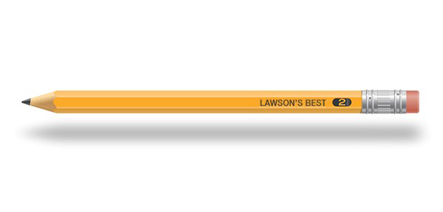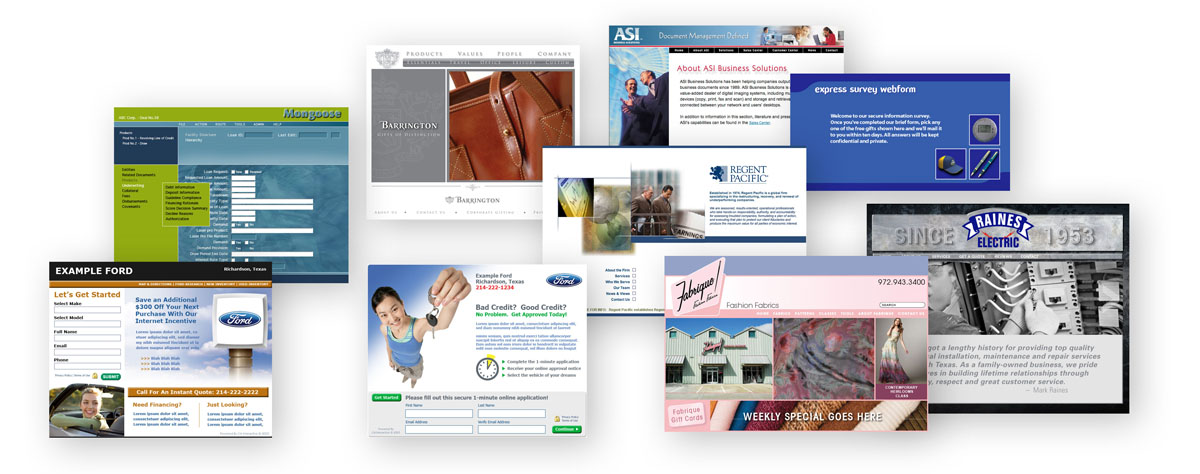What Do Ya Know

What Do Ya Know ?
You don’t even know enough to make your own pencil. But then again, neither do I. What’s more, that’s not surprising given the amount of specialized knowledge required to grow the cedar, harvest and mill the tree, transport that milled lumber to a shop, precisely cut and groove the wood, mine, crush, and mix the graphite, extrude tiny rods of graphite (called “leads”), assemble, finish, paint, and heat-stamp the pencils (not to mention production of the metal ferrules and erasers).
You get the idea that a lot of different knowledge-sets combine to create a simple number-two pencil. I won’t even begin to inventory, the vastly greater assemblage of knowledge required to produce and deliver that computer or smartphone you’re reading this on. The concept is clear – what differentiates a civilized society from a primitive society is a combination of diverse specialized knowledge and voluntary cooperation between repositories (that would be you and me) of all that specialized knowledge.
In a primitive society, the average person actually carries around a much wider range of knowledge — which berries will heal and which will cause the runs, where to find drinkable water, “red on yellow will kill a fellow”, and on and on and on. That’s because he/she has fewer tribe members to co-op cranial memory space with. Cramming all that critical stuff in their head just leaves no room for technology.
It’s About Time
Given any historical scenario, no two banks of knowledge are equivalent. For example, my friend, Shon, often remarks that he could never duplicate the skill with which I routinely build wooden furniture. I have, over the past fifty years, amassed what Malcolm Gladwell refers to as the “requisite ten-thousand hours of practice” to become significantly skilled at something – in my case, woodworking.
Two hundred years ago, my woodworking skills would have made me far more valuable than Shon who would have been viewed as a lowly banker. However, given the advancement of society and manufacturing processes over the past two centuries, my woodworking skills are now primarily beneficial to my hobby whereas my friend’s banking and management skills have elevated him to a position of significant value in the financial marketplace. Some of us were just born two hundred years too late.
The value of knowledge applies not only to mechanical or intellectual knowledge but also to creativity. Thomas Sowell relates the story of a young Walt Disney who, in the 1920’s, opened a studio and hired artists to produce animated cartoons about Oswald Rabbit. He was subcontracting to a large Hollywood studio that owned the copyright on that character. As the films gained widespread success, the studio hired away Disney’s labor force and began producing Oswald Rabbit films on their own, leaving Mr. Disney out in the cold. However, it didn’t take long for the new films to flop like bunny ears because, even though they utilized the same materials and same skilled artisans as previous films, they lacked Walt Disney’s creative direction. Having learned from his mistakes, Disney created and copyrighted his own character who he named Mickey Mouse. When was the last time you saw some kid sporting an Oswald Rabbit t-shirt?
It’s About the Benjamins
Every kind of knowledge has value. We may be private business owners, marketing the knowledge we’ve gained through experience (i.e. having made our mistakes on someone else’s nickel) or we may be employees of a large organization, filling a seat that our personal knowledge and aptitudes make us “right” for (see “Traction” by Gino Wickman). In either case, the “value” of our knowledge is directly related to the reduction in effort it affords our customer/employer. Given enough time and motivation, they could always earn the same degree we did and learn from the same mistakes we’ve made.
The bad news is that the value of our knowledge varies widely depending on market needs. Hence, the disparity between my woodworking skills’ marketability versus my friend’s well-honed financial skills. The same might apply to the difference between a bachelor’s degree in gender studies as opposed to the same level degree in engineering, accounting, or business. Knowledge which satisfies our psyche doesn’t necessarily do likewise for our pocket book.
It’s About Planning
The trick is to accurately predict future needs, so that by the time we’ve achieved our “requisite ten-thousand hours of practice”, the marketplace still has a need for our knowledge-base. The even greater trick is to understand that no matter how fulfilling, the study of a particular field (like gender studies or woodworking) might be, and no matter what a wonderful human being we might be on the inside, if we don’t have marketable knowledge that’s applicable to the production of whatever today’s “pencil” is, we better get the lead out and learn something new!
Maybe you’ve read this and now think I’m a heartless capitalist pig. The beauty of our democratic culture is that you still have the right to be wrong. Hit “reply” comrade and let’s try to convert each other over coffee. This Capitalist pig will even buy the coffee.
It’s About One More Thing
You say you’re exceedingly knowledgeable but just can’t get the recognition you need from your employer? I might just tell you it’s because you’re ugly as Hell or have the personality of a girl I naively began dating in college. Relax – even I wouldn’t be that crass… or dishonest. There’s still one more critical element but you’ll have to come back next week to debate that one with me.
“Knowledge isn’t power until it’s applied.”
– Dale Carnegie

Did someone forward this newsletter to you after reading it themselves? Don’t settle for that!
CLICK HERE
to get a fresh, unused copy of this
newsletter sent directly to you every Sunday morning.
If you decide it stinks, you can always unsubscribe.
Good Reads. Even Better Listens.
Outliers – the Story of Success
Malcolm Gladwell
Yes, I’ve recommended this before. If you read it that time, you can go back and reread it for free. More important, it will provide a preview of next week’s dialogue and better equip you to debate with me why next week’s newsletter is either right on the mark or the ravings of a delusional lunatic

Knowledge and Decisions
Thomas Sowell
Two things you need to know about this book. First, the current version was written in 1996 but that doesn’t make it irrelevant. It’s still extremely current. Second, it’s not a fast read. Sowell packs so much content into every sentence that I found myself constantly hitting the rewind button on Audible. Third: (yeah, I know but I added one) this book is full of great illustrations. The Disney case history from today’s newsletter is just one of several stories, disclosed in far greater detail in this book.












